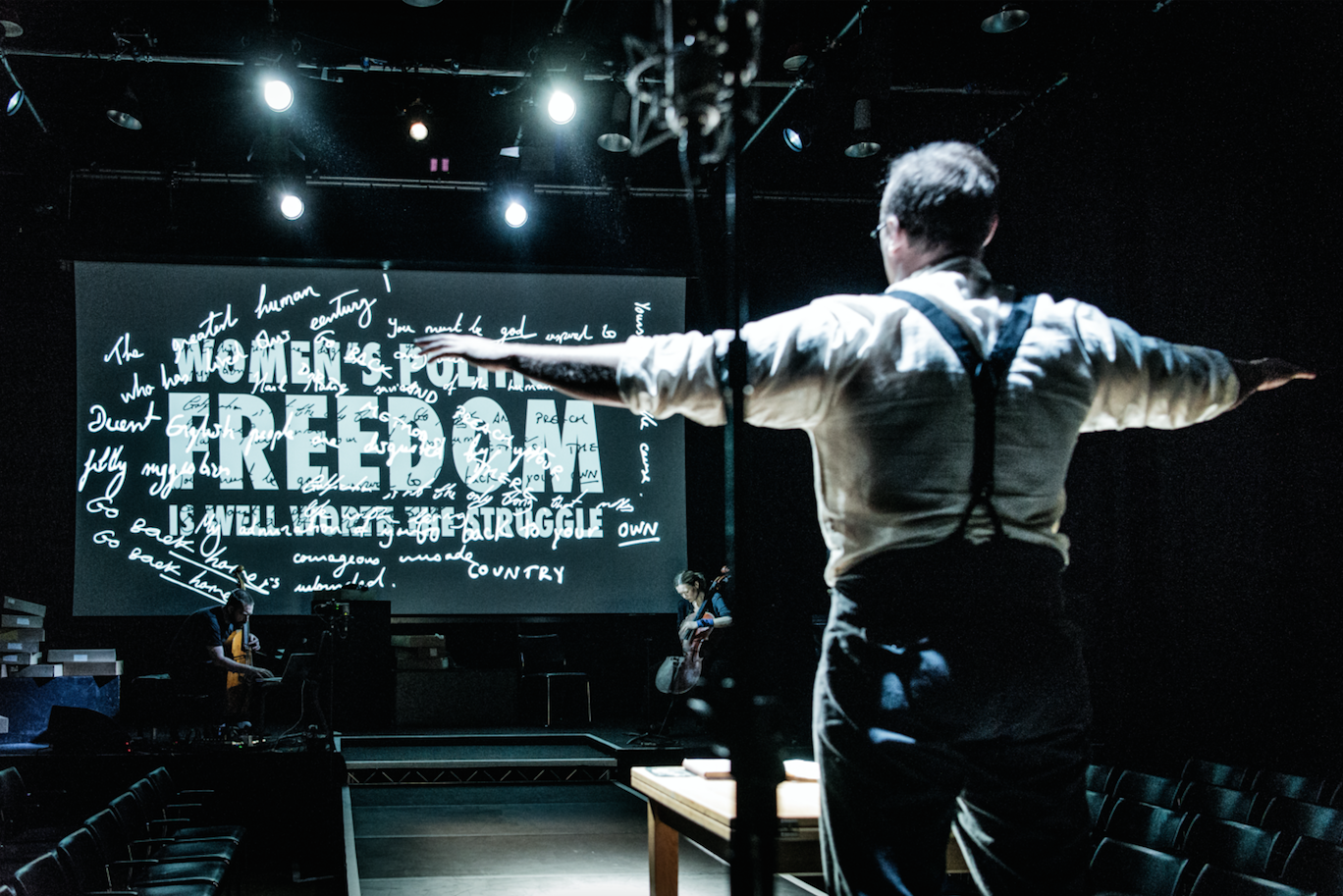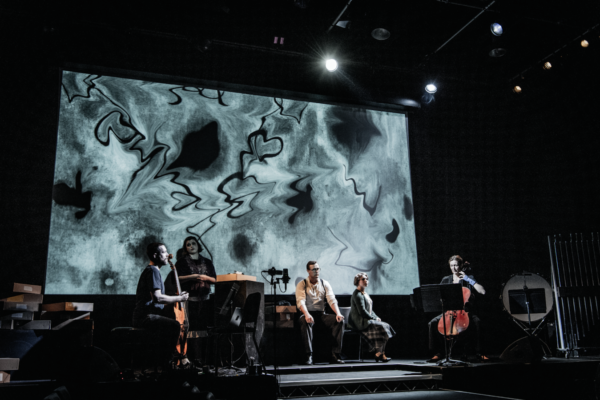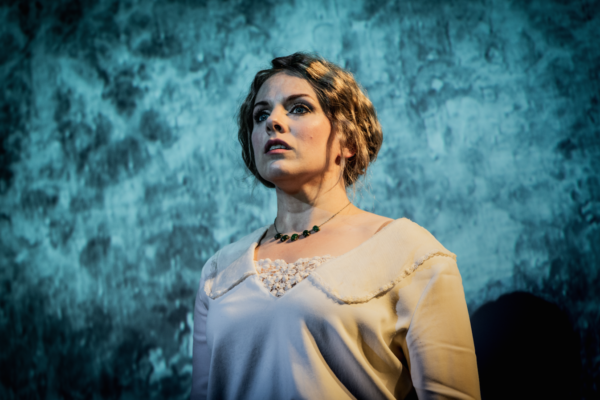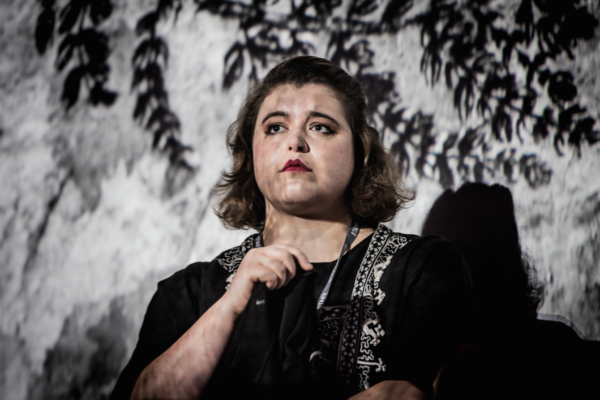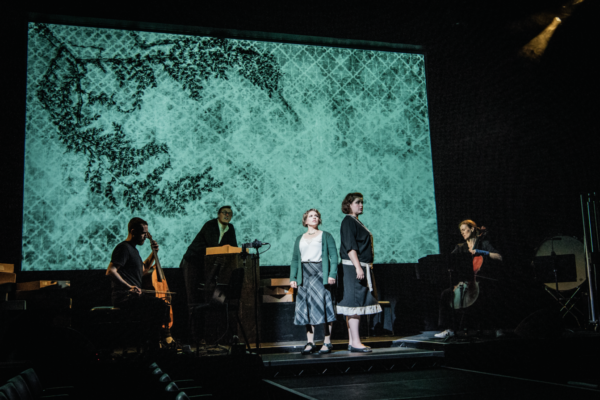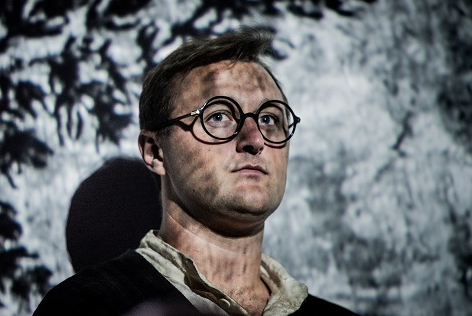Birth control pioneer Marie Stopes published her controversial sex manual in 1918, triggering a global scandal and a sexual revolution. The book fiercely advocated for women’s bodily freedom, asserted that women have equal sexual desire (and therefore choice in sexual matters) to men, and brought previously unobtainable information about contraception to the world for the first time. It caused such as storm that women and men from all sections of society were moved to write to Stopes in their thousands sharing personal stories and their hopes, fears and experiences of sex, sexual health and birth control. Some wrote poems of adoration, others wrote hate-mail. Most wrote about their desperate situations and personal experiences living at a time of extreme sexual inequality.
Fast forward 100 years: a misogynistic president comes to power in the US, triggering mass women’s marches around the world in support of reproductive rights. The UK government makes an influential pact with the anti-abortion DUP party. The #MeToo movement builds staggering momentum. A wave of anti-abortion laws sweeps across 30 states in the US. The birth control crisis intensifies in Northern Ireland. Australia and New Zealand begin reviewing their archaic birth control laws. The list goes on as the debates, discussions and fights over women’s bodily freedom, sexual equality and reproductive rights continue to intensify today.
The opera
‘Dear Marie Stopes’ enters into a dialogue with the crucial and emotionally-charged subjects of women’s bodily freedom, sexual equality and birth control. The text has been entirely constructed from extracts from the original letters to Marie Stopes, which are now stored in the library of the Wellcome Collection, in collaboration with librettist Jennifer Thorp and archivist and historian Dr. Lesley Hall. The result is a piece that informs, shapes and ignites debate about the issues that continue to be top of the social and political agendas around the world today.
The main premise of the piece is to give a voice to some of the thousands of people who wrote to Stopes about their most intimate stories, opinions and experiences about sex and the challenges of birth control. As we learn about attitudes and problems in sex lives from the past we question our own views on these issues today.
Although the focus is on the letters from the public, we hear from Marie Stopes too when she writes responses or voices controversial opinions. We also learn about a personal tragedy Stopes experienced herself and about some of the more difficult aspects of her character, including her links to eugenics. But this is certainly not “Marie Stopes – The Opera.” Rather, Stopes is a catalyst and conduit through which we view a unique snapshot of society’s experience of sex 100 years ago.
The text is so emotionally-charged and intimate that composer Alex Mills has tried to give it as much space to breathe as possible. Musically, the piece uses a lot of simple plainchant-style singing to deliver the personal sentiments of the letters, accompanied by drones and subtly shifting harmonies on strings. There is no traditional, linear narrative. Instead, a collection of impressions and moments derived from the source material forms a dramatic structure lasting about 45 minutes.
The three singers have their work cut out for them, taking on many different characters and voices as we hear different letters and points of view. Alexa Mason (soprano), Jess Dandy (contralto) and Feargal Mostyn-Williams (countertenor) each bring their own brand of originality and expression to the piece. Sensitive direction by Nina Brazier, evocative projections (Lucía Sánchez Roldán) and costumes (Alexa Moore) and a delicate sound-world, created with viola da gamba player Liam Byrne, all combine to create the intimate emotional landscape of the piece.
‘This is Alex Mills’ first opera, and in it he achieves a confident control of pacing, drama and texture, making what is essentially a quasi-site-specific work into something far more.’- Robert Hugill
The 2019 revival with a fresh new staging took place in Hall 2, Kings Place on 21st September 2019.

